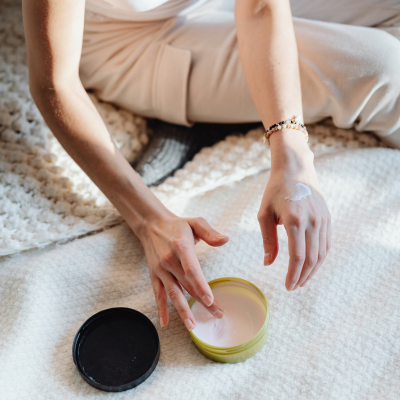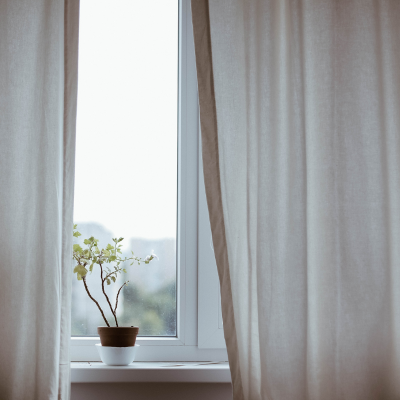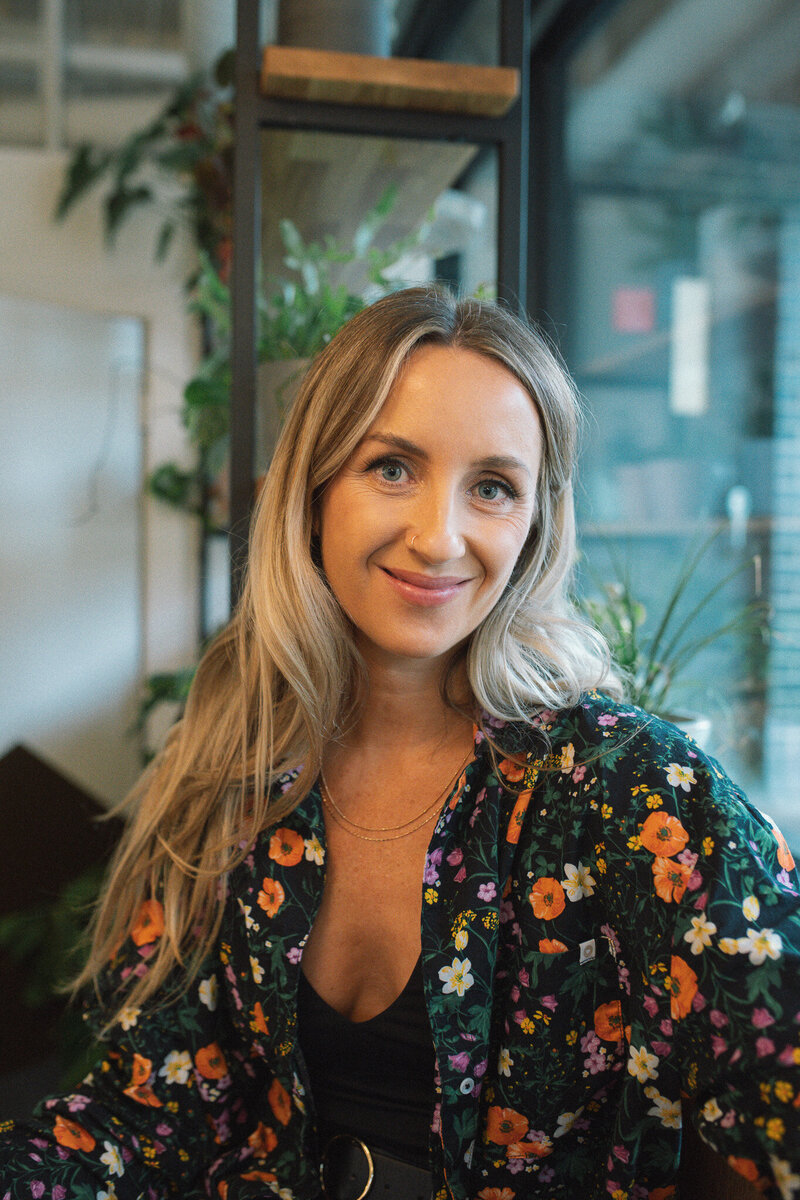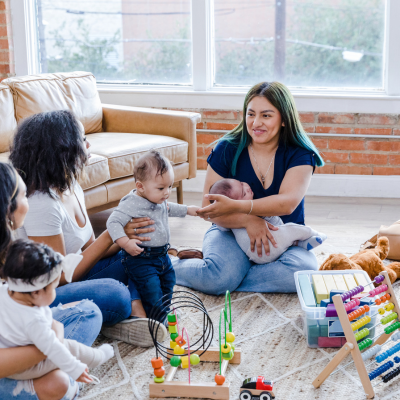As with many experiences in early motherhood, postpartum depression can be a source of confusion. With mental health struggles — postpartum depression included—it can be easy to allow our perception of what we think the symptoms are supposed to look like distract us from seeing the real thing
Many women think that postpartum depression only happens in the days and weeks immediately after delivery. In reality, the onset can happen at any point within the first year post-baby. They also might be experiencing ongoing symptoms of this mental health issue but dismiss it as “normal” or a short bout of “baby blues.”
I’m here to clarify what postpartum depression actually is, what symptoms to look for and which signs to not ignore. If you’re a mother experiencing what you think could be postpartum depression, reward yourself for showing up, acknowledging your struggle and seeking to improve it. By being on this page, you’ve already done some of the hard work. Let’s keep that momentum going!
And by the way, it’s not just you: one in five women go through this after giving birth, so you’re not alone. You shouldn’t have to suffer, nor should you have to go through your depression alone. The below symptoms are all treatable—if they sound like you, it could be time to seek support.
Baby Blues Versus Depression: What’s The Difference?
If you’re experiencing depression, that last thing you need is to minimize it, push it aside or dismiss the experience as normal or to be expected. Sure, “baby blues” might be a term you hear time and time again. But it’s not the same thing as postpartum depression. Baby blues is the emotional dip that happens to most mothers in the five to ten days postpartum. What’s going on in this case is that your hormones quickly start returning to pre-pregnancy levels, your body is adjusting to new demands, and that can cause you to have trouble sleeping or to feel weepy. With baby blues, you can be feeling sad, down or reactive but you recover within days.
Postpartum depression is different because it’s a depressive episode that lasts for a prolonged period of time. This is a period of ongoing challenges. If you don’t bounce back or feel like yourself again after a matter of days, then that’s a sure sign of postpartum depression. For whoever needs to hear it, this isn’t something that you should just accept. You deserve to feel better.
When Does It Happen?
Postpartum depression can start at any point between pregnancy up to the first year of having your baby. The common myth about this mental health issue is that it happens in the first six weeks or so… and then poof, the risk is over!
That’s not true.
The onset of postpartum depression can start at absolutely any point within the first year. That can have a very different look for many mothers. For example, maybe one mother feels fine for several months but starts to experience symptoms six or seven months in. For another mother, that situation could start much earlier.
Another thing to note is that if postpartum depression isn’t treated, it doesn’t disappear on its own. A mother with school-age children might not be the image that comes to mind for postpartum depression but if she started to experience symptoms within that first year and it wasn’t treated, she very well could still be battling it.
Common Symptoms Of Postpartum Depression:
Worried that you might be experiencing postpartum depression? Read through these common symptoms to understand this more.
1) Experiencing really low moods.
If you’re feeling down, sad, hopeless, weepy and as though your situation will never change, that could be a sign of postpartum depression. You might feel trapped or like there isn’t a way out. Again, these feelings will have lasted for a prolonged period of weeks at a time.
2) Despair and complete overwhelm.
We might hear the word “overwhelm” or “burnout” a lot, but not fully understand what that actually feels like. Despair or complete overwhelm can feel like you can’t manage even the simplest of tasks. Sometimes small things might feel like huge demands or possibly push you over the edge.
3) Sleep disturbances.
If you’re having trouble sleeping, it could be a sign that you’re experiencing postpartum depression. You might be thinking “Hi, I just had a baby—of course I’m experiencing interrupted sleep!” What I’m talking about is above and beyond the normal interruptions caused by your baby. If you can’t fall back asleep, lie wide away in the wee hours or put off going to sleep and getting proper rest, it might be worth reaching out for some support.
4) Loss of enjoyment in things that normally would bring you joy.
What were the things you enjoyed before this low period? If seeing friends, cooking with loud music on, reading or tuning into your favourite Netflix series just isn’t bringing any joy anymore, that’s often a sign of depression.
5) Inability to manage day-to-day tasks.
During a normal phase of life, it feels doable to take a shower or text that friend back. During a depressive period, however, these simple things that you hardly give a second thought can feel… next to impossible. What is something simple that you’ve been having a hard time doing lately?
6) Having thoughts of suicide, self-harm or harming others.
This can be a hard one to take a look at. If you’re feeling suicidal or thinking about harming yourself, you are likely experiencing depression.
Some common thoughts can sound like “My baby would be better off without me,” or “Everything would be better if I was gone.” If this is hitting home, you need to understand that these thoughts are caused by depressive feelings. You are good enough, you are the perfect mom for your baby, your baby and your family need you. This is a really important symptom of postpartum depression and it is absolutely essential that you reach out for help. You can call a crisis line in your area and of course, 911 in an emergency.
So Let’s Do A Quick Recap.
The main things to know about postpartum depression is that it’s a depressive episode that can start at any point during pregnancy or within the first year of giving birth. It’s prolonged (as in, it lasts at least weeks at a time), it’s not the baby blues, it’s not to be diminished and it’s certainly not something that new moms should just deal with alone.
While we can often feel shame when we don’t feel like our best selves, it’s so important to seek proper support during this time.
You deserve to feel better. You deserve to enjoy motherhood! Don’t stay silent, reach out to a therapist, a doctor, your partner, your family or a trusted friend.
Remember: motherhood is hard to adjust to so if you’re experiencing postpartum depression, that makes sense given all that’s on your plate, and there’s nothing wrong with you.
















Comments +